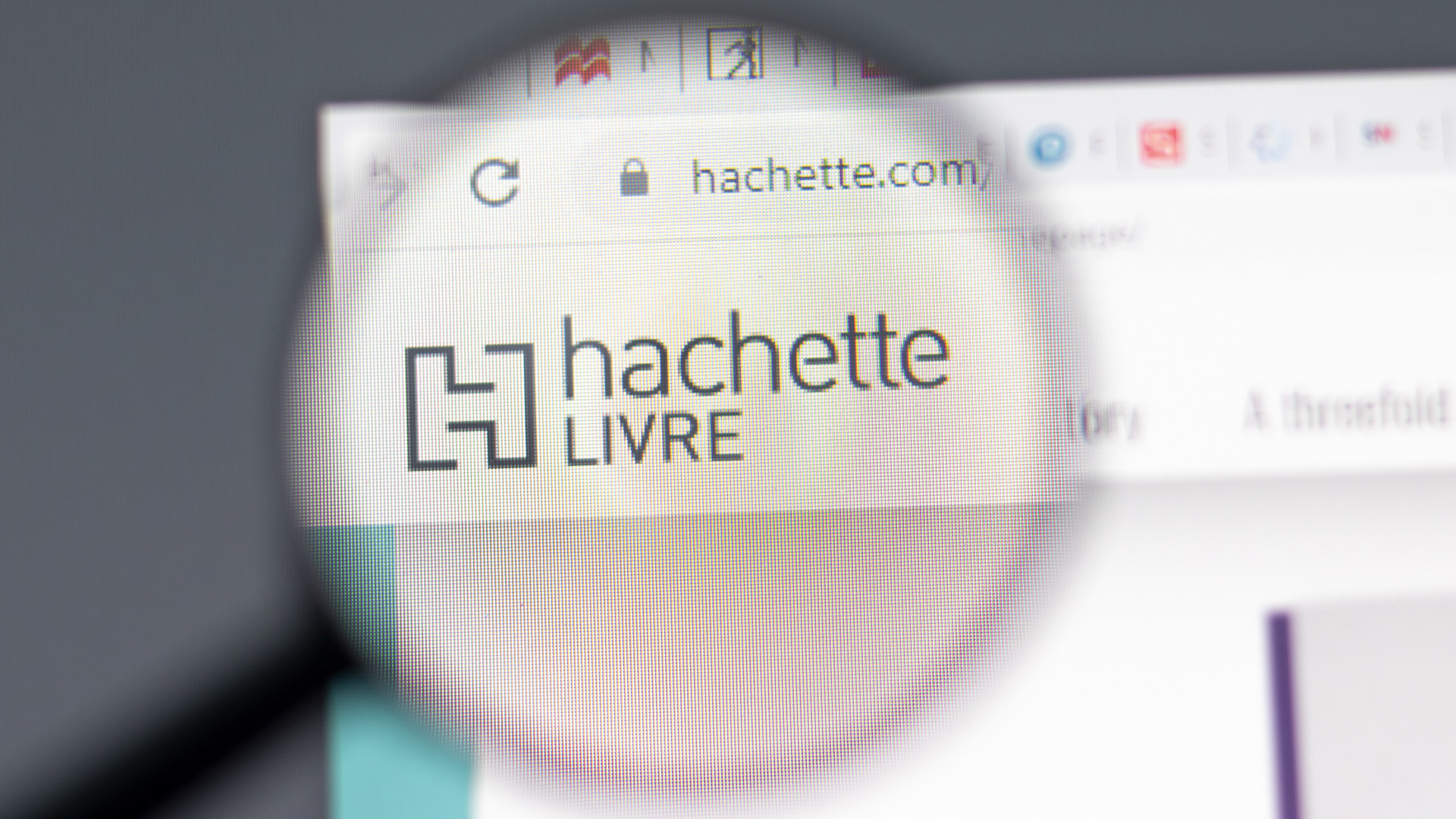You are viewing your 1 free article this month. Login to read more articles.
The parent trap
Whether or not too many books are being published, with regards cost cutting it would be unwise to ignore the needs of parent companies.

They fuck you up your mum and dad, they may not mean to but they do. With apologies to Philip Larkin, who probably wasn’t referencing the publishing company Hachette when he wrote his famous poem (“This Be the Verse”), the well-known opener came to mind when I read the reports coming out of the investor conference held by Lagardère, Hachette’s parent, last week. “We strongly believe in publishing for the years to come,” began Hachette chief executive Arnaud Lagardère delicately, before adding, that the business was “entering a very offensive strategy in terms of cost cutting… Maybe we publish too many books?” Ouch!
I expect for David Shelley, the newly installed c.e.o. of Hachette Book Group US, the comments could have been better timed. Hachette UK turned in its best performance for a decade through Nielsen’s Total Consumer Market in 2023, and to make sense of his dual role, he needs to bring his energy, urgency and ability to talent-spot to the States, where the US division is quieter and, frankly, smaller. Three weeks ago Shelley named Penguin Random House US’ Sally Kim as the new president and publisher of its big division Little, Brown – a move that suggests expansion, not retrenchment and cost reduction.
This is not the first time a corporate owner has played a different tune to those of its book divisions. Trade book publishing is a peculiar business: it doesn’t make high margins, growth is almost always sluggish and success unpredictable. It’s the annoying child, rather than the favoured one. For years, despite Simon & Schuster’s above par performance, the superbly named Bob Bakish, c.e.o. of S&S’ parent Viacom, would tell investors how S&S was unwanted. S&S carried on carrying on anyway, until it was eventually sold – so desirable was it that it was bought twice.
This is not the first time a corporate owner has played a different tune to those of its book divisions
Lagardère’s comment is trickier to read. Hachette is in a transitional period as it moves to new parent Vivendi – an arrangement that will not be consummated until June 2025 as it hoovers up the remaining shares.
The mistake some parents make is to view their kids through their own experiences; in this case Lagardère was addressing a mainly French investor audience and referencing, at that point, its decision to pull back on a new distribution project in that country.
By contrast, English-language publishing is in a good spot right now – the 72 titles shortlisted for this year’s Nibbies are a testament to this. But also witness DK, whose c.e.o. Paul Kelly I met last week; his is a business that is able to make books work globally in ways that would have been impossible until recently, with a combination of brand, platform, marketing and distribution supplementing local know-how. Now in its 50th year, DK got a little lost when it was bought by Penguin many years ago, and then became a division within the larger PRH group. But it is now leveraging that superstructure and secure enough in its model to stay off radar, says Kelly. Not bad advice more generally.
Larkin advises his readers to “get out as early as you can”, but I don’t believe book publishers need to be so maudlin. Parents may well be unhelpful, but they also pay the bills.




















